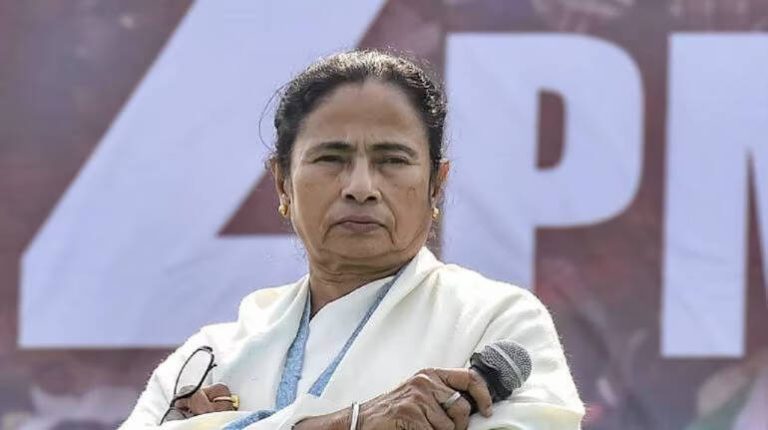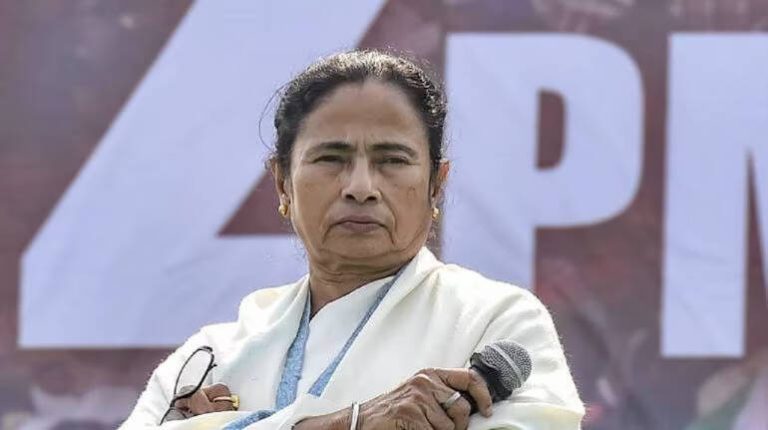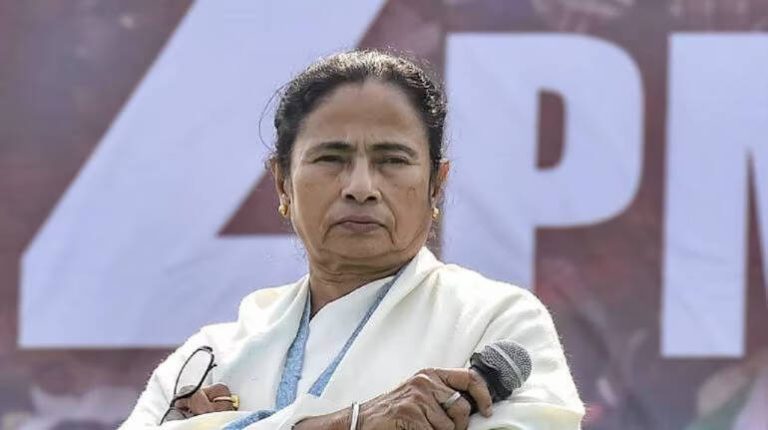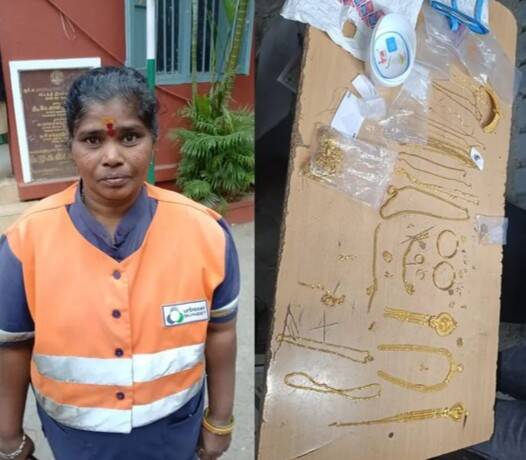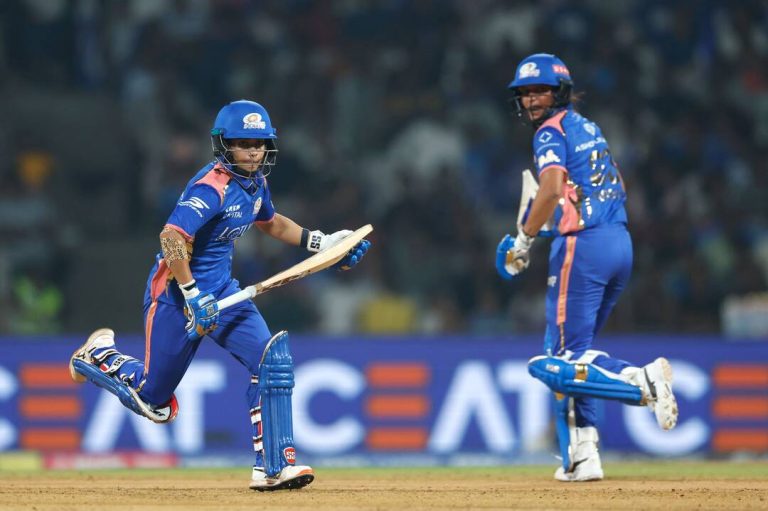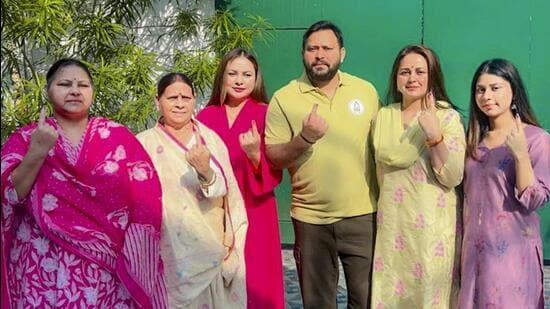
Ex-Bihar CM Rabri Devi alleges bias in trial
In a significant development, former Bihar Chief Minister Rabri Devi has sought the transfer of four cases pending against her in the Central Bureau of Investigation (CBI) and Enforcement Directorate (ED) courts. The cases, which pertain to various allegations of corruption and misappropriation of funds, have been a subject of intense scrutiny and debate in the state of Bihar. Rabri Devi, who is the wife of Rashtriya Janata Dal (RJD) supremo Lalu Prasad Yadav, has claimed that she has a “reasonable and bona fide apprehension” of not receiving a fair and impartial trial in the current courts.
According to Rabri Devi’s petition, the current proceedings in the four cases have shown a clear bias against her, and she has expressed her concern that the trial may not be conducted in a fair and transparent manner. The petition further states that the cases be transferred to another competent court, where she can expect a fair and impartial trial. The plea, which was filed recently, is scheduled to be taken up for hearing on Monday.
The four cases against Rabri Devi pertain to various allegations of corruption and misappropriation of funds during her tenure as the Chief Minister of Bihar. The cases were registered by the CBI and ED, and have been pending in the courts for several years. Rabri Devi has consistently maintained that the cases are politically motivated and are an attempt to harass and intimidate her and her family.
The allegations of bias in the trial are not new, and have been a subject of controversy in the past. Rabri Devi’s lawyers have argued that the current judges hearing the cases have shown a clear bias against her, and have not provided her with a fair opportunity to defend herself. The lawyers have also pointed out that the prosecution has been given undue favors, and that the court has not taken adequate steps to ensure a fair and impartial trial.
The transfer of cases to another court is not an unprecedented move, and has been done in several high-profile cases in the past. The Supreme Court has laid down guidelines for the transfer of cases, which include the presence of a reasonable and bona fide apprehension of not receiving a fair trial. Rabri Devi’s petition claims that she has met these guidelines, and that the transfer of cases is necessary to ensure a fair and impartial trial.
The development has significant implications for the political landscape of Bihar, where Rabri Devi’s husband Lalu Prasad Yadav is a key player. The RJD has been a dominant force in the state’s politics, and the cases against Rabri Devi have been seen as an attempt to weaken the party. The transfer of cases to another court could provide a significant relief to Rabri Devi and her family, and could also have a bearing on the upcoming elections in the state.
The hearing of the plea on Monday is expected to be a crucial one, and will be closely watched by political observers and lawyers. The court’s decision will have significant implications for the cases against Rabri Devi, and will also set a precedent for future cases where allegations of bias are made.
In conclusion, the allegations of bias in the trial against Rabri Devi have raised significant concerns about the fairness and impartiality of the judicial process. The transfer of cases to another court may provide a solution to these concerns, and will ensure that Rabri Devi receives a fair and impartial trial. The development is a significant one, and will be closely watched by all stakeholders.
The cases against Rabri Devi are a reminder of the complexities and challenges of the Indian judicial system. The system is designed to provide a fair and impartial trial to all accused, regardless of their social status or political affiliations. However, the reality is often different, and allegations of bias and favoritism are not uncommon.
The media has a significant role to play in ensuring that the judicial process is fair and transparent. By reporting on the cases and highlighting the allegations of bias, the media can help to create a public opinion that demands a fair and impartial trial. The media can also help to hold the judiciary and the government accountable for ensuring that the judicial process is fair and transparent.
In the end, the outcome of the cases against Rabri Devi will depend on the evidence and the law. However, the allegations of bias in the trial have raised significant concerns about the fairness and impartiality of the judicial process. The transfer of cases to another court may provide a solution to these concerns, and will ensure that Rabri Devi receives a fair and impartial trial.
